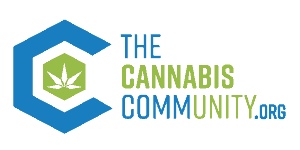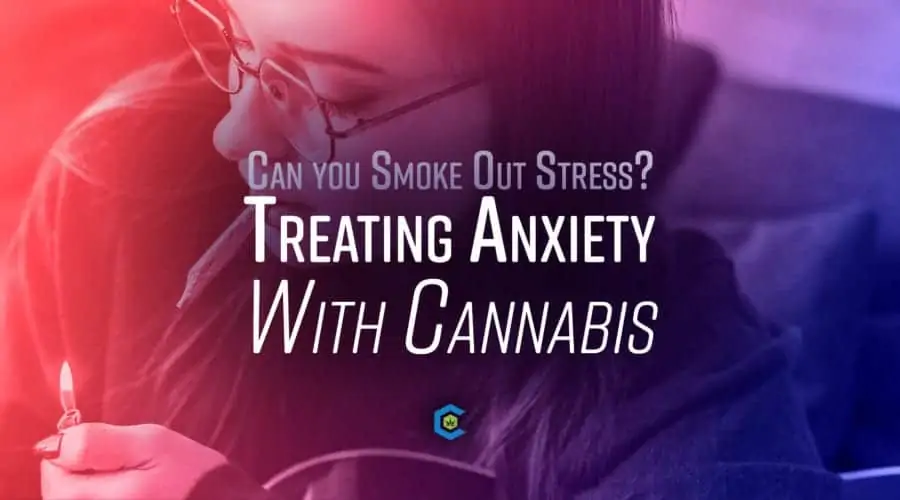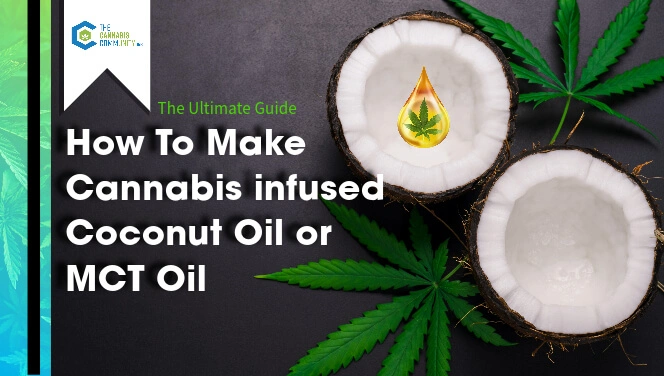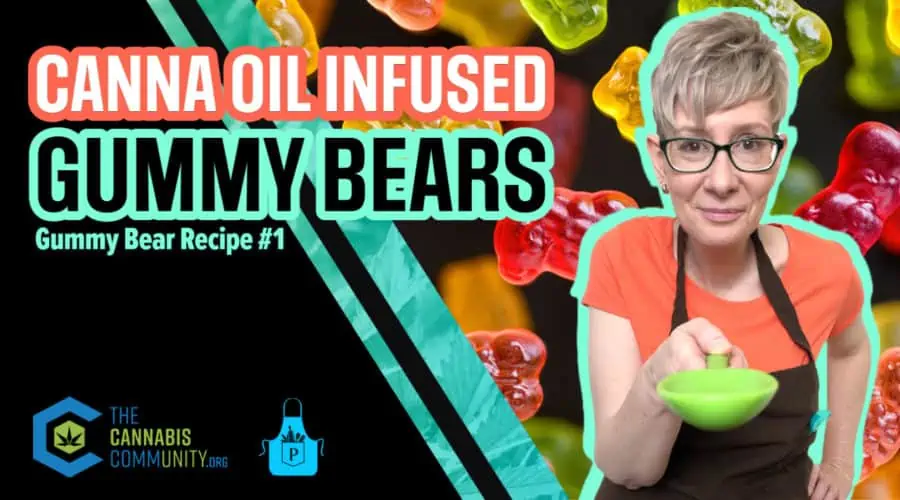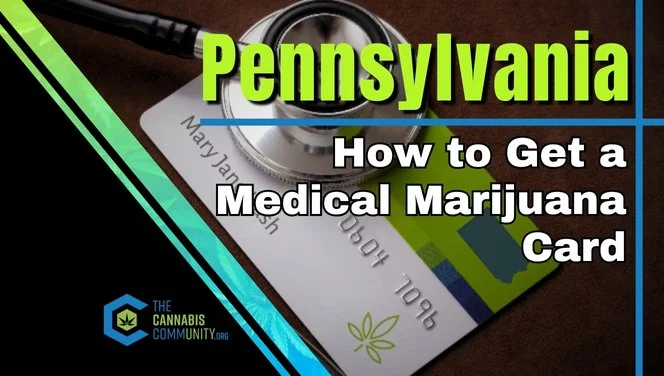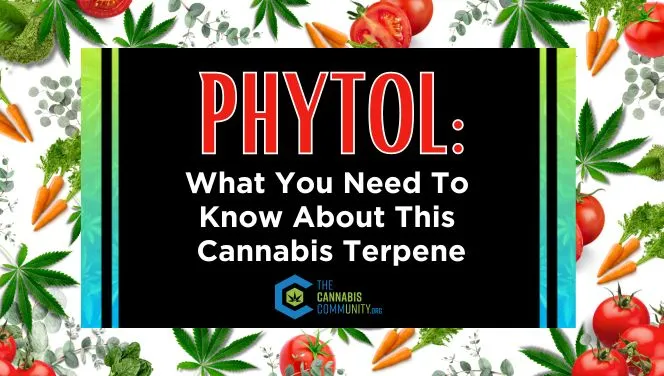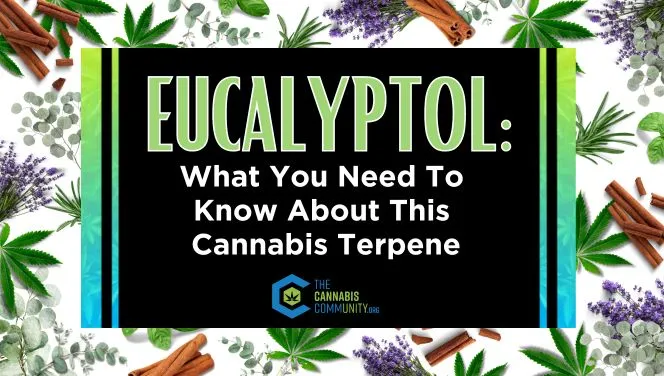Cannabis and Stress: Your Comprehensive Guide Plus 5 Tips
Table of Contents
Unveiling the Truth: Can Cannabis Really Alleviate Stress?
Stress is an inevitable part of life that we all encounter, but how we manage it can vary widely. From yoga and meditation to prescription medications, the options are endless. Yet, one alternative remedy has been gaining traction in recent years: cannabis.
The question is, can this ancient plant truly offer a modern solution to stress?
This comprehensive guide will explore the science behind cannabis and stress, how to choose the right strain for your symptoms, and the precautions you should take for safe and effective use. Let’s dive in.
The Science Behind Cannabis and Stress: What Does Research Say?
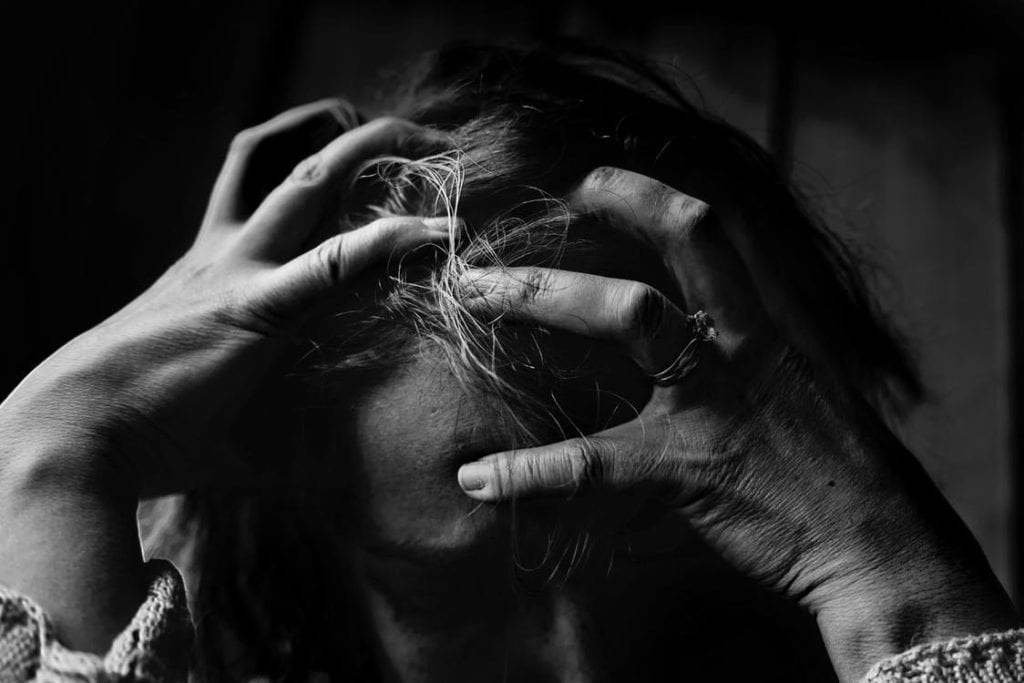
When it comes to understanding the relationship between cannabis and stress, it’s crucial to start with the science. Over the past few decades, researchers have been delving into how cannabis interacts with our body’s endocannabinoid system (ECS), a complex network of receptors that play a key role in regulating mood, stress, and other emotional responses.
One of the most well-known cannabinoids, THC, has been shown to activate the brain’s reward system by signaling the release of the pleasure hormone dopamine. Dopamine is a neurotransmitter that is vital to mood and stress levels. A higher dopamine level can act as a natural mood stabilizer, potentially reducing stress and anxiety.
CBD, another major cannabinoid, has also shown promise in reducing stress (and reducing seizures). Unlike THC, CBD doesn’t produce a “high,” but it does interact with serotonin receptors in the brain. Serotonin is another neurotransmitter that affects mood, emotional well-being, and stress levels.
Studies have shown that CBD can act as a serotonin reuptake inhibitor, similar to antidepressants like Prozac and Zoloft, which can lead to reduced stress and anxiety.
However, it’s essential to note that while these findings are promising, more research is needed to fully understand the long-term effects and potential risks of using cannabis for stress relief. Moreover, individual responses to cannabis can vary, so what works for one person may not be effective for another.
So, what does all this mean for you? It suggests that cannabis could be a viable option for stress relief, but it’s crucial to approach it with an informed perspective. In the next section, we’ll delve into how to choose the right cannabis strain to manage your stress effectively.
Choosing the Right Cannabis Type for Stress Relief
When it comes to using cannabis for stress relief, not all strains are created equal. The cannabis plant contains hundreds of compounds, including cannabinoids like THC and CBD and terpenes. These compounds work together to produce a range of effects, which can vary significantly depending on the strain you choose.
Indica vs. Sativa: What’s the Difference?
Traditionally, cannabis strains have been divided into two main categories: Indica and Sativa. Indica strains are known for their relaxing and calming effects, making them popular for stress relief. On the other hand, Sativa strains are more uplifting and energizing, often used for daytime activities.
However, it’s essential to note that the Indica/Sativa classification is somewhat outdated. Modern cannabis science suggests that the effects of a particular strain are more accurately predicted by its cannabinoid and terpene profile. Therefore, it’s crucial to look beyond the Indica/Sativa labels and focus on the specific compounds present in the strain.
The Role of Terpenes and Cannabinoids
Terpenes like myrcene, linalool, and limonene have shown promise in reducing stress and anxiety. Different terpenes help offer varying scents, effects and flavor profiles in cannabis. Similarly, cannabinoids like CBD have well-documented anti-anxiety properties. When choosing a strain for stress relief, look for one that has a balanced profile of these beneficial compounds.
Personal Preferences and Tolerance Levels
Your personal preferences and tolerance levels also play a significant role in choosing the right strain. If you’re new to cannabis, you may want to start with a strain that has a lower THC content and higher CBD levels. This will allow you to experience the stress-relieving benefits without the intense psychoactive effects that some people find overwhelming.
Consult with a Medical Professional
If you’re considering using cannabis for stress relief, it’s always a good idea to consult with a medical professional, especially if you’re already taking other medications or have a pre-existing medical condition. They can provide personalized advice and help you choose a strain that’s best suited for your needs.
By choosing the right strain, you can maximize the stress-relieving benefits of cannabis and enjoy a more balanced, calm state of mind.
Practical Tips for Incorporating Cannabis into Your Stress Management Routine
So you’ve chosen a cannabis strain that you think will help you manage stress. What’s next? Incorporating cannabis into your stress management routine requires more than just selecting the right strain. Here are some practical tips to ensure you get the most out of your cannabis experience for stress relief.
Start Low and Go Slow
Especially if you’re new to cannabis, starting with a low dose and gradually increasing it is crucial. This approach helps you understand how your body reacts to cannabis and minimizes the risk of adverse effects like paranoia or increased anxiety, which can be counterproductive when you’re trying to relieve stress.
Timing Matters
Consider when you’re planning to use cannabis. If you’re using an Indica strain for its calming effects, it might be best to use it in the evening when you can relax without interruptions. On the other hand, if you’re using a Sativa strain for its uplifting effects, you might find it more beneficial during the day.
Pair with Other Stress-Relief Techniques
Cannabis can be an effective tool for stress relief, but it’s often most effective when used in conjunction with other stress-relief techniques like exercise, meditation, or deep-breathing exercises. For example, some people find that doing yoga or meditating after consuming cannabis can enhance the stress-relieving effects of both.
Keep a Cannabis Journal
Keeping a journal can help you track how different strains and dosages affect you, making it easier to fine-tune your approach. Note the strain, dosage, method of consumption, and any other factors like what you’ve eaten that day or how much sleep you’ve had. Over time, this information can provide valuable insights into how to optimize your cannabis use for stress relief.
The Endocannabinoid System and Stress
At the heart of cannabis’s effects on stress relief is the endocannabinoid system (ECS), a complex cell-signaling system in the human body. The ECS plays a crucial role in regulating a range of functions and processes, including stress response. When you consume cannabis, the cannabinoids interact with the receptors in the ECS, helping to create a sense of balance and calm.
Clinical Studies and User Testimonials
Several clinical studies have explored the effects of cannabis on stress and anxiety. For example, a 2017 study published in the NIH found that low doses of THC could reduce stress, while higher doses could increase anxiety. User testimonials also often highlight the stress-relieving benefits of specific strains, providing real-world evidence to support the scientific findings.
Potential Side Effects and Risks
While cannabis can be an effective tool for stress relief, it’s essential to be aware of potential side effects like dry mouth, increased heart rate, or heightened anxiety in some cases. Always consult with healthcare providers, especially if you’re new to cannabis or using it to treat chronic stress or anxiety.
In the next section, we’ll explore some of the most popular strains for stress relief, so you can make an informed choice tailored to your specific needs.
Taking Action: Practical Steps to Manage Stress with Cannabis
Now that you know how cannabis can help with stress and the different strains and consumption methods available, it’s time to take action. In this section, we’ll outline some practical steps you can take to integrate cannabis into your stress management routine effectively.
Start with a Journal
One of the best ways to understand how cannabis affects you is by keeping a journal. Note down the strains you try, the methods of consumption, and how you feel before and after. This will help you fine-tune your approach and find what works best for you.
Experiment and Observe
Don’t be afraid to experiment with different strains and consumption methods. What works for one person may not work for another, so finding your unique formula for stress relief is essential. Pay attention to how different strains and methods affect your stress levels, mood, and overall well-being.
Set Realistic Goals
Managing stress is a long-term commitment, and setting realistic goals is crucial. Whether it’s reducing the number of stress episodes you experience each week or improving your sleep quality, having clear objectives will help you measure your progress.
Combine with Other Stress-Relief Techniques
Cannabis can be a powerful tool for stress management, but it’s most effective when combined with other stress-relief techniques like exercise, meditation, and proper nutrition. A holistic approach will provide you with the best results.
Legal Considerations
Before diving into cannabis for stress relief, make sure you’re aware of the legal status of cannabis in your state or country. Always purchase from reputable sources and consult your healthcare provider, especially if you’re taking other medications or have underlying health conditions.
By taking these practical steps, you’re well on your way to managing your stress more effectively with the help of cannabis. In the next section, we’ll summarize the key points and offer some final thoughts on using cannabis as a stress-relief tool.
Recapping What You’ve Learned
As we end this comprehensive guide, it’s essential to remember that everyone’s experience with cannabis and stress is unique. The journey to finding the perfect strain, dosage, and consumption method may take some time, but the rewards can be life-changing.
Revisiting the Science
Let’s not forget the scientific backing that supports the use of cannabis for stress relief. From the endocannabinoid system to the various terpenes and cannabinoids, understanding the science can empower you to make informed decisions.
Consult Professionals
If you’re new to cannabis or have specific medical conditions, consulting healthcare professionals is always a good idea. They can provide personalized advice and ensure that you’re using cannabis safely and effectively.
Community Support
Don’t underestimate the power of community. Whether it’s online forums (like our cannabis communities), local meetups, or discussions with friends and family, sharing experiences can provide valuable insights and emotional support.
Keep Learning
The world of cannabis is continually evolving, with new research and products coming out regularly. Stay updated, be open to trying new things, and continue to educate yourself.
Final Thoughts
Managing stress is a lifelong journey, and cannabis can be a valuable ally along the way. A thoughtful, informed approach can maximize the benefits while minimizing potential risks. Remember, the goal is not just to relieve stress but to enhance your overall quality of life.
And there you have it—a complete guide to understanding and utilizing cannabis for stress relief. Whether you’re a seasoned user or a curious newcomer, we hope this guide has provided you with the tools you need to take control of your stress and live a more balanced life.
Thank you for reading, and here’s to a stress-free future with the help of cannabis.
Enjoyed this content? Read More!
Cannabis Basics Textbook: A Fun Evidence-Based Journey Into Cannabinoid Science Fundamentals
What is Cannabis Hyperemesis Syndrome?
How Can Cannabis Help With Epilepsy?
Get Your Medical Marijuana Card in Minutes
Enjoyed This Content? Read More:
-
How to Make Cannabis-Infused Coconut Oil or MCT Oil: Crockpot Recipes
In this guide, you’ll learn how to make cannabis-infused coconut oil or MCT oil, decarboxylate cannabis, or choose to infuse cannabis into any oil of your choice.
-
How to Make THC Gummy Bears with Canna Oil
This is a great no-fail recipe for beginners. The corn syrup in this recipe will help your gummy bears have that nice and chewy texture we’ve all come to love.
-
Get a Pennsylvania Medical Marijuana Card: Easy 5-Step Guide
Discover the simple yet detailed step-by-step process of obtaining your Pennsylvania medical marijuana card.
-
Phytol: What You Need To Know About This Cannabis Terpene
Phytol is frequently found in cannabis strains, but what function does it serve? Learn about the terpene Phytol and what you need to know about it.
-
Eucalyptol: What You Need To Know About This Cannabis Terpene
Eucalyptol is frequently found in cannabis strains, but what function does it serve? Learn about the terpene Eucalyptol and what you need to know about it.
